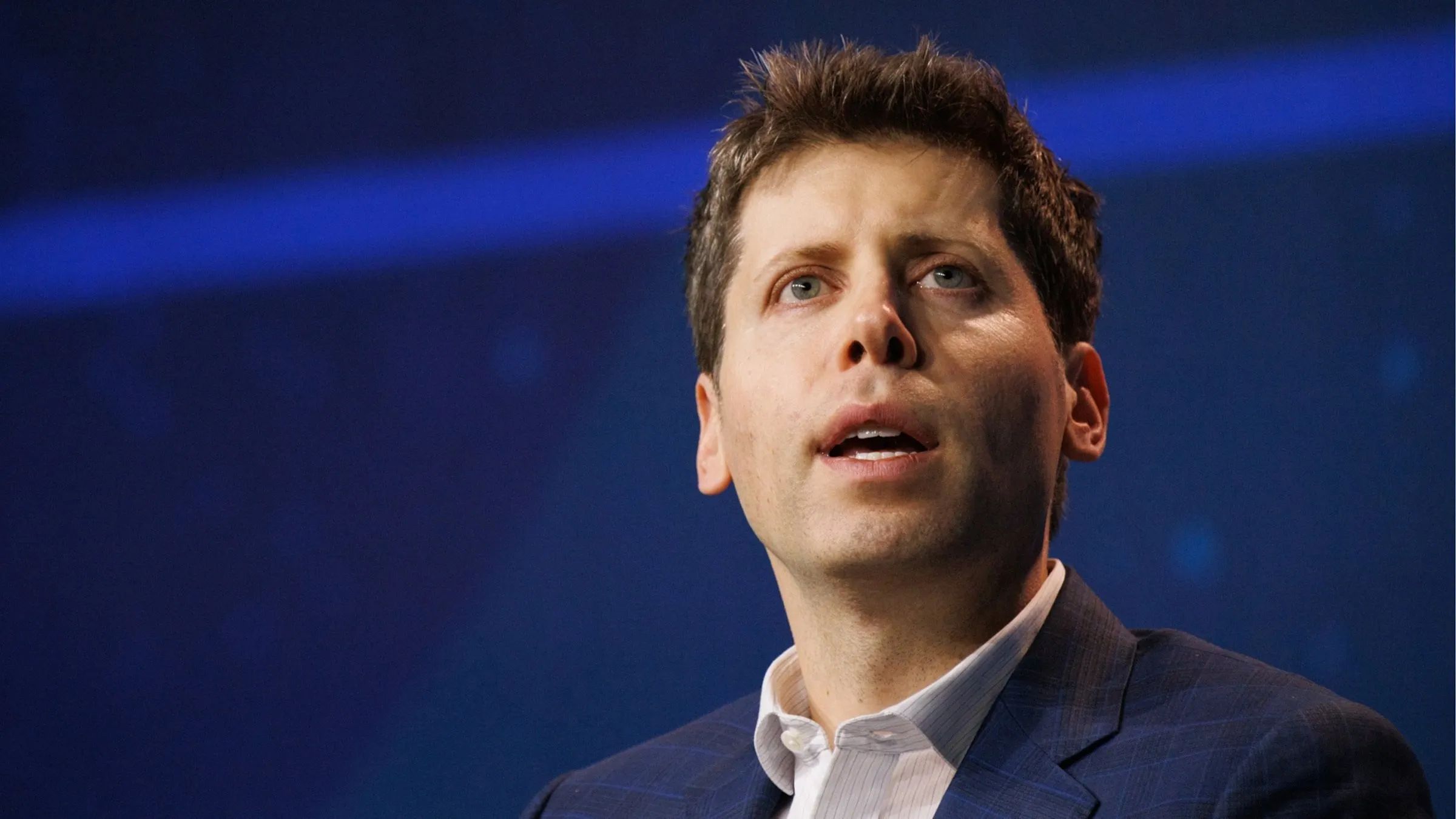OpenAI Asks Judge to Dismiss Elon Musk Lawsuit as 'Blusterous' Harassment Campaign

The motion filed in federal court argues that Musk's claims lack a legal basis and merely aim to give him a competitive edge.
ChatGPT developer OpenAI is asking a federal judge to throw out a lawsuit by tech billionaire Elon Musk mainly on grounds that it’s harassment.
Musk, an OpenAI co-founder, has brought a number of lawsuits against the company since March, ranging from fraud to violation of the RICO Act, as a part of the ongoing feud between himself and OpenAI CEO Sam Altman. Musk subsequently launched his own AI platform, Grok, on X.
The motion filed Tuesday by OpenAI in Oakland, California, in the U.S. District Court for the Northern District of California, argues that Musk's claims lack sufficient legal basis and amount to harassment. “This suit is the latest move in Elon Musk’s increasingly blusterous campaign to harass OpenAI for his own competitive advantage,” it said.
Musk co-founded OpenAI in December 2015 with Altman, Ilya Sutskever, Greg Brockman, Trevor Blackwell, Vicki Cheung, Andrej Karpathy, Durk Kingma, John Schulman, Pamela Vagata, and Wojciech Zaremba. He left the company in 2018.
Musk’s lawsuit alleges breaches of contract, fraud, and violations of the Racketeer Influenced and Corrupt Organizations Act (RICO). RICO violations include fraud, bribery, extortion, or money laundering as part of an ongoing criminal enterprise. OpenAI denied these allegations, saying that Musk has not provided any proof to support the claim.
“Musk’s RICO claims, predicated on supposed acts of wire fraud, bear the same defects and also rest on the implausible premise—supported by zero facts pleaded—that Altman, OpenAI President Greg Brockman, and various entities within and outside the OpenAI organization infiltrated and corrupted OpenAI, Inc. as the mob might a business,” the motion to dismiss said.
Musk’s lawsuit also claimed that a “Founding Agreement” promised that OpenAI would be open-source technology and pursue non-commercial aims. OpenAI's lawyers, however, challenged Musk's standing to bring claims related to fiduciary duty and false advertising, stating that he had no legal standing to make those assertions.
“Under California law, only an officer or director of the non-profit to which duties are owed, or a party ‘with a reversionary, contractual, or property interest in’ the entity’s assets, or the Attorney General (or a relator) has standing to sue the non-profit for fiduciary breach,” the motion said.
The motion also derided Musk’s claims of fraud as “puffed-up versions of his untenable contract claims.” The filing said: “Musk cannot clearly identify any promises made to him that were then broken, much less any facts supporting his spurious accusation of intent to defraud.”
In March, Musk sued OpenAI, and Altman in the California Superior Court in San Francisco on claims of abandoning the company’s original mission to develop AI for the "benefit of humanity, not profit" and prioritizing Microsoft’s commercial interest over the public good.
He dropped the lawsuit in June, presumably to reconsider the legal strategy and file a new complaint, which he did in August. That new complaint claimed that OpenIA misled Musk into financing an organization that would later become a for-profit company.
Attorneys for Musk did not immediately respond to requests for comment by Decrypt.
Related News
- To Doxx or Not to Doxx: Crypto Sleuth Reignites Fiery Debate
- Feds Charge Meme Coin ‘Market Maker’ Gotbit, Three Others With Crypto Market Manipulation
- Stablecoin Use Booms in Argentina as Inflation Skyrockets: Report
- Apple Designer Susan Kare Brings NFT 'Esc Keys' to Asprey Studio
- The Latest Way to Catch a Virus: AI-Driven Porn Sites
- Stablecoins No ‘Safe Haven’ From US Monetary Policy, Says European Central Bank
- Island Nation Palau Puts Digital Savings Bonds on Blockchain
- Ready Player One-Inspired 'The Readyverse' Launches Generative AI Building Tools
- Why This Colombian Neobank is Switching From Ethereum to Avalanche
- Bitcoin Is Still Undervalued and That Presents a Buying Opportunity, Say Analysts
© 2025 DeFi.io